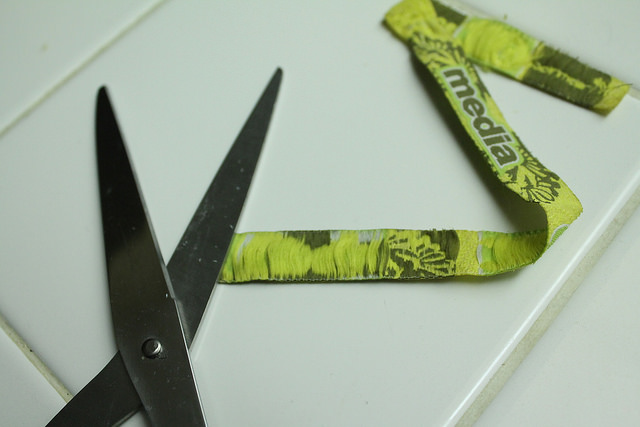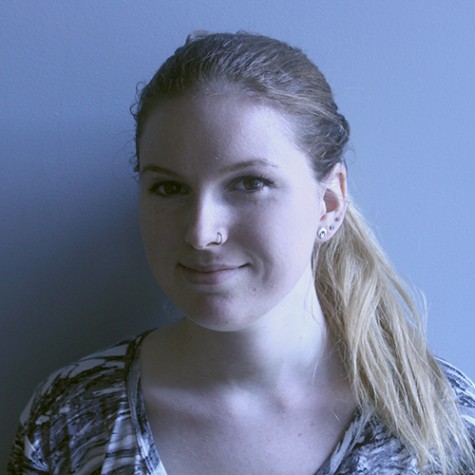Hard Events criminalizing journalism
November 17, 2015
Organizers for Hard Events, an electronic music event company, issued a “media blackout” Monday Oct. 26th, blacklisting members of the media from attending their upcoming music festival: HARD Day Of The Dead. It made a lot of music lovers speak up about how they also love the press. People were grouchy to say the least and for good reason.
While the reason for this was never officially stated by the company, or its partner company Live Nation, many festival-goers and music industry workers infer that the negative coverage of the deaths of two people at their previous festival “HARD Summer” has caused this move to surface out of risk management.
Then, after a storm of well-deserved backlash by the music journalism community, Hard went back to its old policy of allowing “qualifying media” to enter the festival with comped credentials, as reported by Billboard. There was no explanation for this return to allowing press coverage. However, the passive aggressive statement to allow “qualifying media” to return occurred after many ticket buyers expressed concern in Facebook threads about how the festival would play out with such strict changes.
If the end goal was to prevent negative press from being released, congratulations. You failed.
The point of the event company trying to control how the public sees them has angered a lot of festival-goers, and it’s surprising that they didn’t anticipate that being a possible outcome. Obviously.
Freedom of the press is a right protected by the Bill Of Rights, and only allowing “qualifying” media to cover the event caused a lot of questions both by the public and by LA County Officials. It makes Hard appear as though they have something to hide. 184 police officers showed up to the festival to monitor the event, according to Dancing Astronaut, and no doubt it was in result of Hard’s sloppy actions.
LA County Officials have demanded new policies from Hard after the deaths following Hard Summer and they must have figured that blinding everyone from seeing the inside workings of the festivals will keep them safe.
Electronic music has always been a controversial topic in the media, especially in Los Angeles. But this is no way to deal with it. Cooperating with the press would have been a better idea, because it seems now that the music community trusts “raves” even less now. Seeing the negative results about the festival’s downfall this year such as the hundreds of arrests reported by the LA Times, proves that if Hard creates a better relationship with the press, they may be able to tackle the scrutiny.






































































